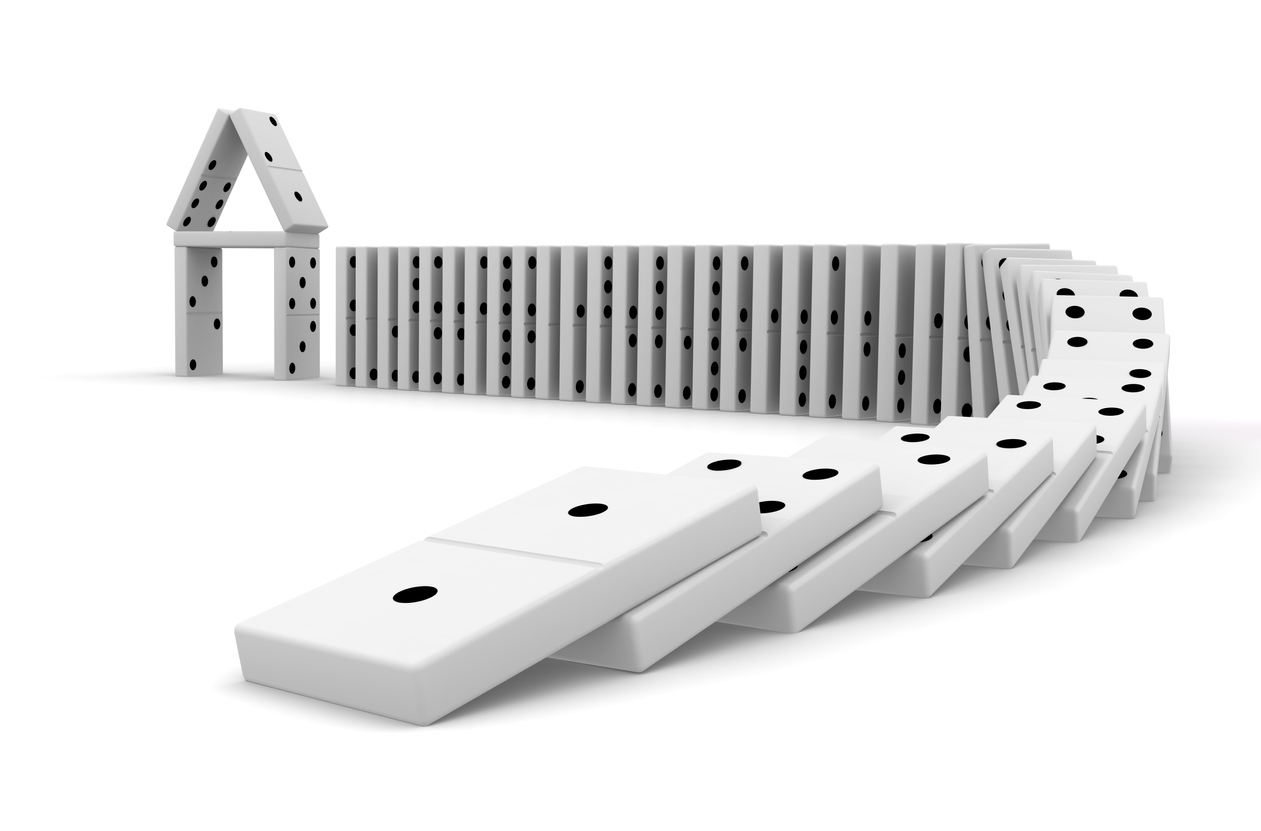Homeowner and commercial property insurance policies typically limit an insured’s recovery to actual cash value1 benefits unless and until the damaged or destroyed property is repaired or replaced. This limitation becomes an issue if coverage is declined and the insurer fails to pay actual cash value benefits as “seed money” to start the repair/replacement process. Under that scenario, can an insured still recover replacement cost benefits if it proves at trial the insurer’s action in denying coverage and in failing to pay the actual cash value of the loss prevented or hindered it from fulfilling the repair/replacement condition?
In Illinois, the answer is yes. Illinois state and federal courts follow the “prevention of performance” doctrine2 and will “excuse” an insured from complying with the repair/replacement condition if the insurer’s conduct prevents, hinders, or makes it impossible for the insured to repair/replace the damaged property.3 So, in Illinois, like in other states,4 an insured’s failure to repair and/or to replace damaged or destroyed property following a loss is not an absolute bar to recovering replacement cost benefits. If the insurer’s denial of coverage and its failure to pay the actual cash value of the loss prevents, hinders, or renders it impossible for the insured to satisfy the precondition of repair/replacement, then the insured is still entitled to replacement cost benefits, regardless whether the denial of coverage was in good faith or in bad faith.5
Whether an insured was prevented or hindered from repairing or replacing because of an insurer’s conduct in denying coverage and failing to pay actual cash value benefits is an issue for the trier of fact. Did the insured have sufficient resources to repair/replace the structure without the insurance proceeds? Was it reasonably probable that the insured could have secured the necessary financing to rebuild, but for whatever reason chose not to pursue this option? Evidence of financial means or the ability to finance would belie an insured’s claim that an insurer’s refusal to provide coverage frustrated repair/replacement plans.6
1 Illinois decisional law defines “actual cash value” as replacement cost less depreciation for physical condition, age, use and other factors that affect the remaining usefulness of the property. See Gen. Cas. Co. v. Tracer Industries, Inc., 285 Ill. App. 3d 418, 674 N.E.2d 473 (1996).
2 13 Samuel Williston, A Treatise on the Law of Contracts § 39:1 (Richard A. Lord ed., 4th ed. 2000) (The “prevention of performance” doctrine states that where a promisor prevents, hinders, or renders impossible the occurrence of a condition precedent to his or her promise to perform, the promisor is not relieved of the obligation to perform and may not invoke the other party’s performance as a defense when sued upon the contract.).
3 State Farm Fire & Cas. Ins. Co. v. Miceli, 164 Ill. App. 3d 874, 518 N.E.2d 357 (1987); LaSalle Nat’l Bank v. Mass. Bay Ins. Co., 1997 WL 211220 (N. D. Ill.) (Williams, J.); Industrial Enclosure Corp. v. Northern Ins. Corp. of N.Y., 2000 WL 1810087 (N. D. Ill.) (Kennelly, J.). See also Yale Dev. Co., Inc. v. Oak Park Trust & Savings Bank, 26 Ill. App. 3d 1015, 1020, 325 N.E.2d 418, 422 (1975) (“Delays and nonperformance while they amount to a failure to perform are excused where performance is prevented by the other party to the contract.”); Barrows v. Maco, Inc., 94 Ill.App. 3d 959, 966, 419 N.E.2d 634, 639 (1981) (“A party to a contract may not complain of the nonperformance of the other party where that performance is prevented by his own actions.”).
4 See, e.g., Anderson v. Country Mut. Ins. Co., 2015 WL 687399 (W.D.Wash. Feb. 18, 2015); Wayne County Airport Authority v. Allianz Global Risks U.S. Ins. Co., 2013 WL 4426451 (E.D. Mich.); Rockford Mut. Ins. Co. v. Pirtle, 911 N.E.2d 60 (Ind. App. 2009); Ward v. Merrimack Mut. Fire Ins. Co., 753 A.2d 1214 (N.J. Super. 2000).
5 See Couch On Insurance (3d ed.1995) § 176:59 at 176–52 (“Even where actual replacement is mandated, compliance may be excused by the insurer’s actions. The insurer’s failure to advance the necessary funds to rebuild may have this effect.”).
6 Compare Zaitchick v. Am. Motorists Ins. Co., 554 F.Supp. 209 (S.D.N.Y. 1982) where the court found impossibility to perform the repair/replacement condition because the insureds’ advanced age and limited income, and the nature of the property, made outside financing an unrealistic opportunity with Dickler v. CIGNA Property & Cas. Co., 957 F.2d 1088 (3rd Cir. 1992) where the court concluded that the equities weighed against awarding replacement costs because, unlike the elderly couple in Zaitchick, the insureds were “sophisticated parties” and the loss occurred in a commercial setting.



